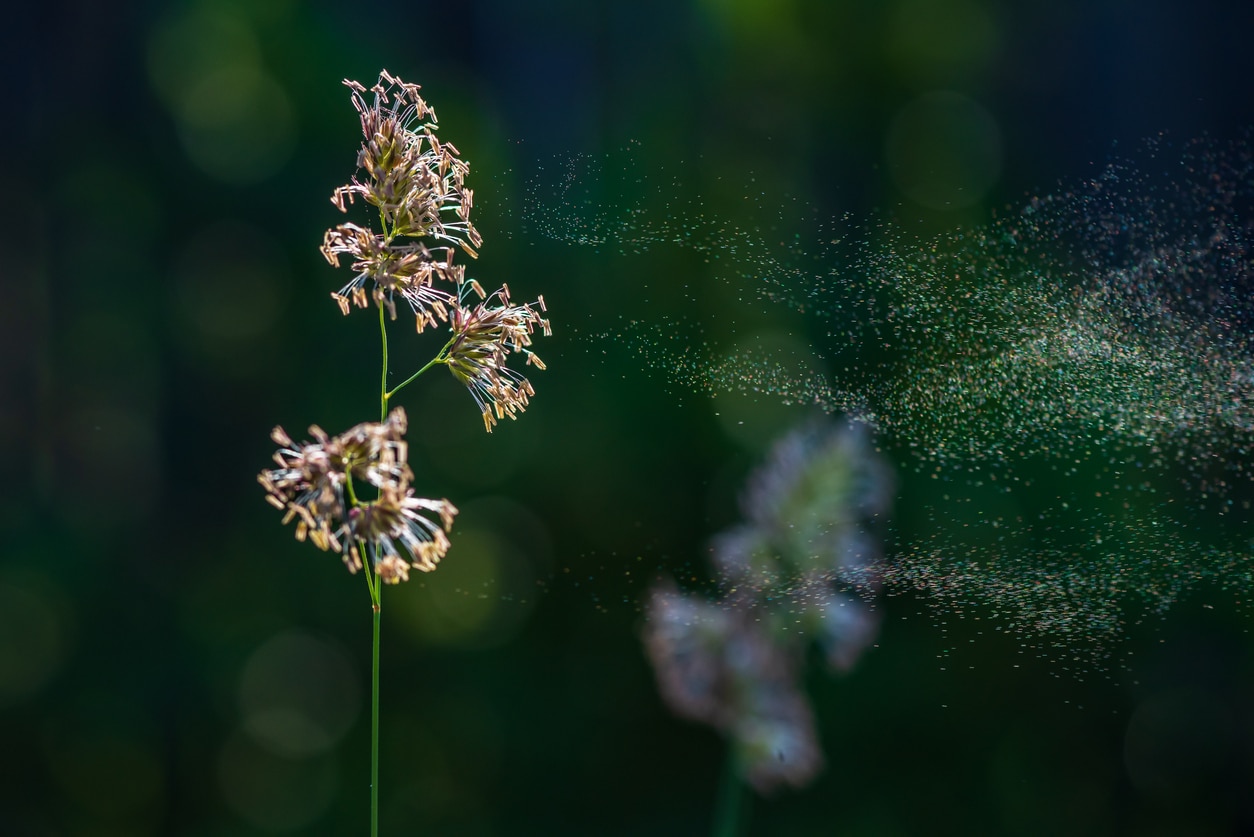As your city blossoms with foliage and blooms, pollen becomes an unavoidable part of daily life, triggering sneezing fits and itchy eyes. More than 100 million people experience allergies in the U.S. each year. Understanding pollen counts and levels where you live can help you manage your environmental allergy symptoms triggered by pollen.
Salem’s temperate climate can create an ideal habitat for a diverse array of plants, each with its own pollen. From the early bloomers of spring to the fading foliage of fall, pollen from trees, grasses and weeds can inundate the air, leading to allergic reactions in susceptible individuals. Among the common culprits in Salem are alder, oak, cedar, various grasses and ragweed.
In spring, tree pollen takes center stage, while summer sees the emergence of grass pollen, and fall brings the reign of weed pollen, particularly from ragweed. This dynamic cycle means that allergy sufferers may experience varying symptoms throughout the year, depending on the prevalent pollen types.
Tracking Pollen Counts

Tracking pollen levels can be a helpful tool for allergy management. Stay informed about the types and concentrations of pollen in the air each day by checking The Weather Channel’s pollen tracker. The tracker gives you pollen count information for tree, grass and ragweed pollen. Armed with this knowledge, you can plan outdoor activities strategically, opting for lower pollen days whenever possible.
Here’s how tracking pollen counts can make a difference:
- Informed planning: Check daily pollen forecasts to anticipate high pollen days and schedule outdoor activities accordingly, reducing exposure during peak pollen times.
- Allergy avoidance: Use pollen forecasts to make informed decisions about outdoor activities, choosing locations or times when pollen levels are lower to minimize allergy symptoms.
- Symptom management: With knowledge of pollen levels, individuals can take preventive measures such as using allergy medications or wearing protective gear to alleviate symptoms during high pollen days.
- Long-term management: Tracking pollen counts over time allows individuals to identify patterns in their allergy symptoms and work with healthcare professionals to develop personalized management strategies, including allergen immunotherapy.
By staying informed about pollen patterns and leveraging resources to track pollen levels, residents can take proactive steps to manage their allergies effectively. With a combination of knowledge, planning and appropriate interventions, navigating pollen season in Salem becomes a more manageable feat. To learn more about allergy treatment options or how pollen affects you, contact Willamette ENT & Facial Plastic Surgery to schedule a consultation today.
“I came to be under Dr. Donovan's care during a medical emergency at the hospital. The care I received that day and in every interaction after, at Willamette ENT has been prompt, professional and very thorough. I feel very well cared for.”